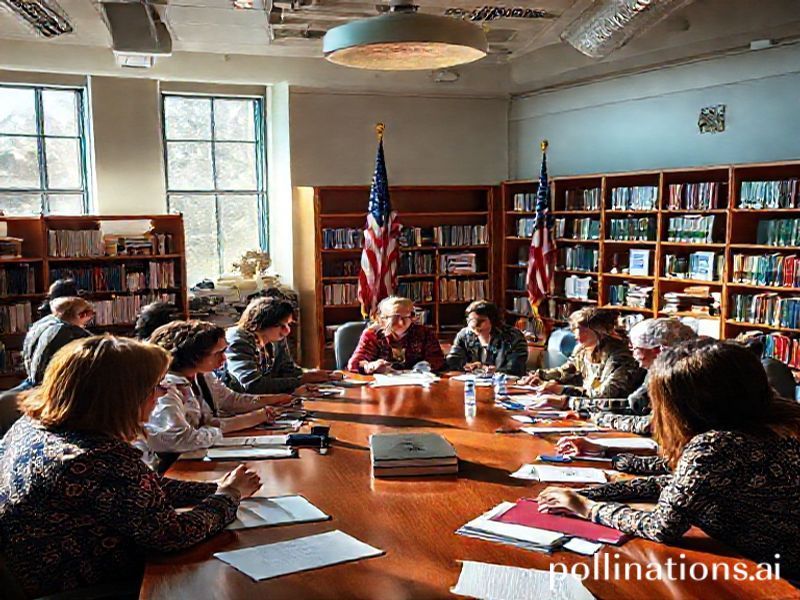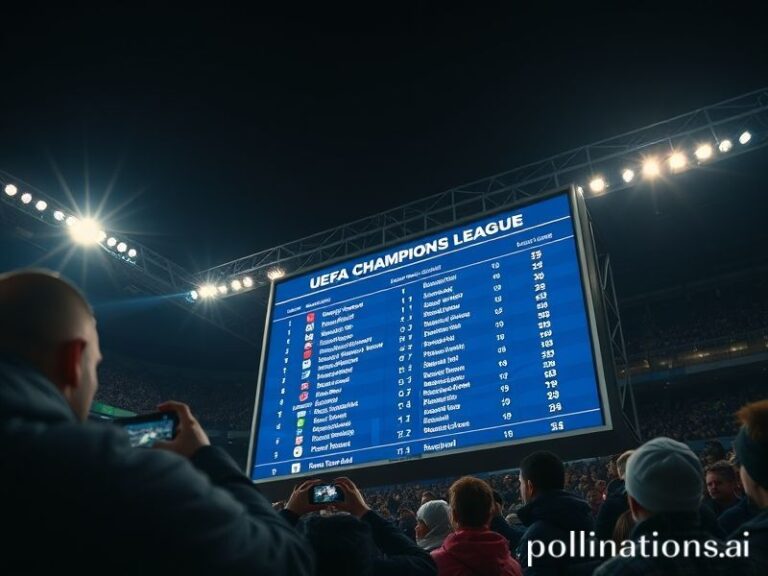Why the Department of Education Is the Internet’s New Obsession (And Why It Matters)
# **The Department of Education: Why the World’s Suddenly Paying Attention**
In the vast, chaotic landscape of the internet, trends come and go faster than a TikTok dance challenge. But lately, one topic has been making waves globally, sparking debates, memes, and even a few heated arguments at the family dinner table: the **Department of Education (DOE)**. Whether it’s about policy changes, funding debates, or the latest viral rant from a frustrated teacher, the DOE has become the unexpected star of the internet. But why? Let’s dive in.
### **Why Is the Department of Education Trending?**
1. **Policy Shifts and Political Drama**
The DOE has always been a hotbed of political tension, but recent policy shifts have turned up the heat. From debates over standardized testing to discussions about curriculum changes, every move the DOE makes is scrutinized, shared, and sometimes mocked on social media. Whether it’s a new initiative to “revolutionize” education or a controversial statement from a high-ranking official, the internet is quick to react—often with a mix of sarcasm and genuine concern.
2. **The Rise of the “Teacher Twitter” Movement**
Teachers have always been the unsung heroes of society, but in the age of social media, they’ve found a powerful platform to voice their frustrations. Hashtags like #TeacherTwitter and #DOENotMyProblem have become rallying cries for educators worldwide, highlighting everything from underfunded classrooms to unrealistic expectations. The DOE, as the institution responsible for setting educational standards, often finds itself in the crosshairs of these viral discussions.
3. **Global Education Reforms and Comparisons**
The pandemic forced the world to rethink education, and now, countries are sharing their successes (and failures) online. From Finland’s innovative teaching methods to South Korea’s rigorous academic standards, the DOE’s policies are being compared to global models, sparking debates about what works and what doesn’t. The internet loves a good comparison, and education is no exception.
4. **The Memeification of Education**
Let’s be real—nothing brings people together like a good meme. The DOE has unwittingly become a meme goldmine, with educators and students alike using humor to cope with the challenges of modern education. From “When the DOE Sends Another Email” to “Standardized Testing in One Image,” these memes not only entertain but also highlight real issues in the education system.
### **Cultural Context: Why This Matters**
Education is the foundation of society, and the DOE’s decisions ripple through every aspect of culture. When the DOE announces a new policy, it doesn’t just affect students—it impacts parents, teachers, policymakers, and even the broader economy. The internet’s fascination with the DOE reflects a deeper cultural anxiety about the future of education and whether the system is truly preparing the next generation for success.
### **Social Impact: The Good, the Bad, and the Meme-Worthy**
The DOE’s trendiness has had both positive and negative effects. On the one hand, the viral discussions have brought much-needed attention to critical issues like teacher burnout, underfunded schools, and outdated curricula. On the other hand, the constant scrutiny can make it difficult for the DOE to implement meaningful changes without facing backlash.
### **Conclusion: The DOE’s Internet Fame Isn’t Going Away**
Whether you love it or hate it, the Department of Education is here to stay in the spotlight. As long as education remains a hot-button issue—and as long as the internet loves a good debate—the DOE will continue to trend. So, buckle up, because this is one trend that’s not just a fleeting fad. It’s a cultural moment that’s reshaping how we think about education, one meme at a time.







